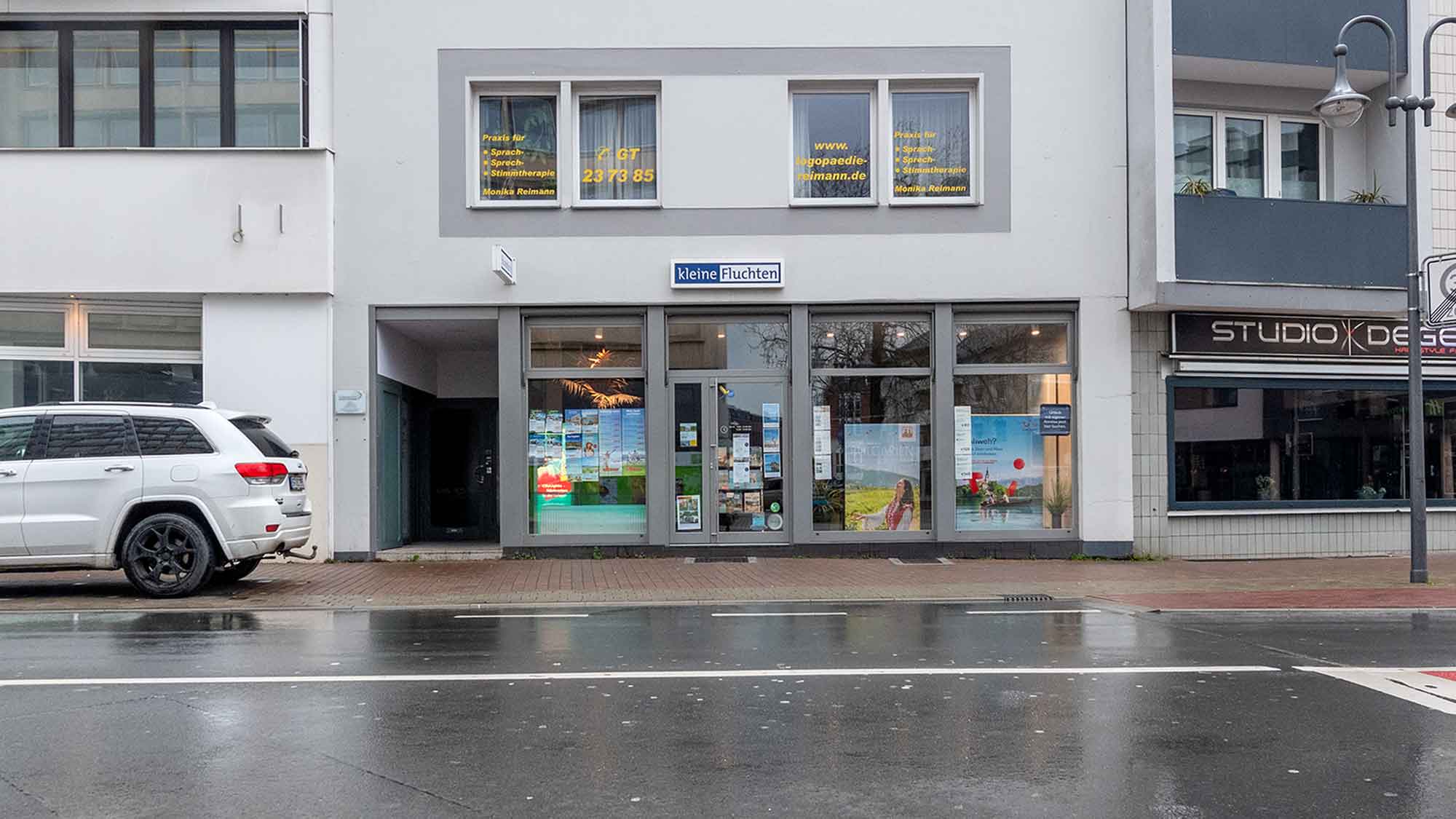German women must save for six years to buy their first home, data reveals
German women will need to save for six years to afford their first house deposit, new data from Uswitch.com/mortgages reveals.
Ahead of International Women’s Day (8th March), Uswitch.com/mortgages sought to uncover where in Europe women have the best chance of being able to afford their own property. The study estimated the number of years that it would take for women to afford a deposit in each country; based on the average household saving rates, annual earnings, and income tax rates compared to the average property price and the minimum deposit requirements in each location.
The results
|
# |
Country |
Average property price (€) |
Net annual savings for women (€) |
Minimum deposit required (€) |
Estimated no. years to save |
|
1 |
Denmark |
€310,680.00 |
€5,056 |
€15,534 |
3 |
|
2 |
Bulgaria |
€69,360.00 |
€1,587 |
€6,936 |
4 |
|
3 |
Belgium |
€243,120.00 |
€5,404 |
€24,312 |
4 |
|
4 |
Netherlands |
€354,240.00 |
€6,991 |
€35,424 |
5 |
|
5 |
Finland |
€377,040.00 |
€3,367 |
€18,852 |
6 |
|
6 |
Germany |
€360,000.00 |
€7,162 |
€45,000 |
6 |
|
7 |
Latvia |
€73,320.00 |
€1,159 |
€7,332 |
6 |
|
8 |
Austria |
€381,240.00 |
€5,441 |
€38,124 |
7 |
|
9 |
Ireland |
€325,560.00 |
€4,292 |
€32,556 |
8 |
|
10 |
United Kingdom |
€384,360.00 |
€2,221 |
€19,218 |
9 |
|
11 |
Spain |
€189,240.00 |
€2,149 |
€18,924 |
9 |
|
12 |
France |
€471,600.00 |
€4,934 |
€47,160 |
10 |
|
13 |
Romania |
€159,840.00 |
€2,370 |
€23,976 |
10 |
|
14 |
Hungary |
€93,600.00 |
€1,764 |
€18,720 |
11 |
|
15 |
Switzerland |
€835,320.00 |
€15,315 |
€167,064 |
11 |
|
16 |
Portugal |
€135,840.00 |
€1,206 |
€13,584 |
11 |
|
17 |
Czechia |
€212,880.00 |
€1,881 |
€21,288 |
11 |
|
18 |
Norway |
€493,800.00 |
€5,624 |
€74,070 |
13 |
|
19 |
Italy |
€218,640.00 |
€3,097 |
€43,728 |
14 |
|
20 |
Slovenia |
€231,600.00 |
€3,172 |
€46,320 |
15 |
|
21 |
Slovakia |
€232,920.00 |
€1,279 |
€23,292 |
18 |
|
22 |
Poland |
€174,720.00 |
€356 |
€17,472 |
49 |
German women have the fourth shortest saving period in Europe
Despite having the fifth highest minimum deposit requirement in Europe (€45,000), German women will have to save for just 6 years to afford one. This is the fourth shortest period in Europe behind the Netherlands (5 years), Belgium and Bulgaria (4 years), and Denmark (3 years). However, with German men saving 29% more than women each year on average, this means that women in Germany must save for 1 year, 4 months and 3 weeks longer to afford a deposit.
Denmark has the shortest saving period
Uswitch.com/mortgages discovered that women in Denmark will save for the shortest period to afford a house, at just 3 years. The minimum deposit for a property in the country is €15,534, the fourth cheapest in Europe and 79% cheaper than their Scandinavian neighbours, Norway (€74,070). Despite Danish women having to save for a shorter period than women in other European countries, it is still 6 months, 4 weeks and 1 day longer than Danish males. However, this is the third smallest saving disparity between men and women in Europe – with just Belgium (5 months, 1 week, 5 days) and Romania (3 months, 3 weeks, 4 days) having a smaller gap.
Bulgaria and Belgium come in joint second place, with women from these countries needing 4 years of savings to afford a deposit. With the cheapest average property price in Europe (€69,360), Bulgarian women also have the cheapest minimum deposit requirement (€6,936). However, despite having to save for just one year longer than in Denmark, women in Bulgaria will need to save for 8 months, 2 weeks and 1 day longer than men—a 22% increase to the saving disparity seen in Denmark.
Despite the average house prices being 250% more expensive than in Bulgaria (€243,120), women in Belgium also save for just 4 years. House prices in the country are the 11th most expensive in Europe, however, Belgian women have the sixth highest net annual savings (€5,404), meaning that a deposit for a property is more affordable. Having to save for 5 months, 1 week and 5 days longer than their male counterparts, the savings gap in Belgium is the second smallest across Europe.
Dutch women will save for the third shortest period in Europe, a total of 5 years. They also have the third highest net annual savings (€6,991) in Europe, 2% less than German women in second (€7,162), and 54% less than Swiss females in first (€15,315). Despite their high savings, women in the Netherlands still dedicate 1 year, 1 week and 3 days longer than men to afford a house deposit. This is a disparity 26% smaller than in Germany, where women save for 1 year, 2 months, 3 weeks longer than men.
Romania has the smallest saving disparity between men and women
Despite having to save for the seventh longest period (10 years) to afford a deposit, Romania see the smallest saving period gap between men and women, at just 3 months, 3 weeks, and 4 days. On average, Romanian women save €2,370 annually, just3.19% less than that of their male counterparts (€2,448)—suggesting that it is a country striving for equality.
Methodology
- Uswitch.com/mortgages sought to uncover the European countries with the largest gender gap in the property savings period. This research compares net annual savings by gender to average residential property prices for 120m2 properties in European countries.
- Net savings by gender were calculated by multiplying the gross household saving rate by gross disposable income. Saving rates and annual earnings were both sourced from Eurostat.
- Proceeding this, the average cost of residential properties per square metre in each country was then collected. Property prices were primarily sourced from Statista however, notable national real estate portals and government institutions were also consulted for countries unavailable on Statista. Property prices per 120m2 were used to calculate average property prices.
- The average savings period for a cash purchase of a property by gender in each country was subsequently calculated as the average price for a 120m2 property divided by net annual savings.
- The average saving period for a minimum mortgage down payment was similarly calculated for a 120m2 property. Minimum mortgage down payment sums were calculated as the minimum deposit rate (one minus max Loan-to-Value ratio) multiplied by average property price. Maximum mortgage Loan-to-Value ratios in each country were sourced mainly from an IMF report on Macroprudential Policies and House Prices in Europe.
- Finally, the results were ranked in ascending order by how many years it takes females to save to afford a deposit, thus uncovering which country women must save for the shortest period of time.
Credit: www.uswitch.com/mortgages/guides/how-much-longer-do-women-have-to-save-to-buy-a-home














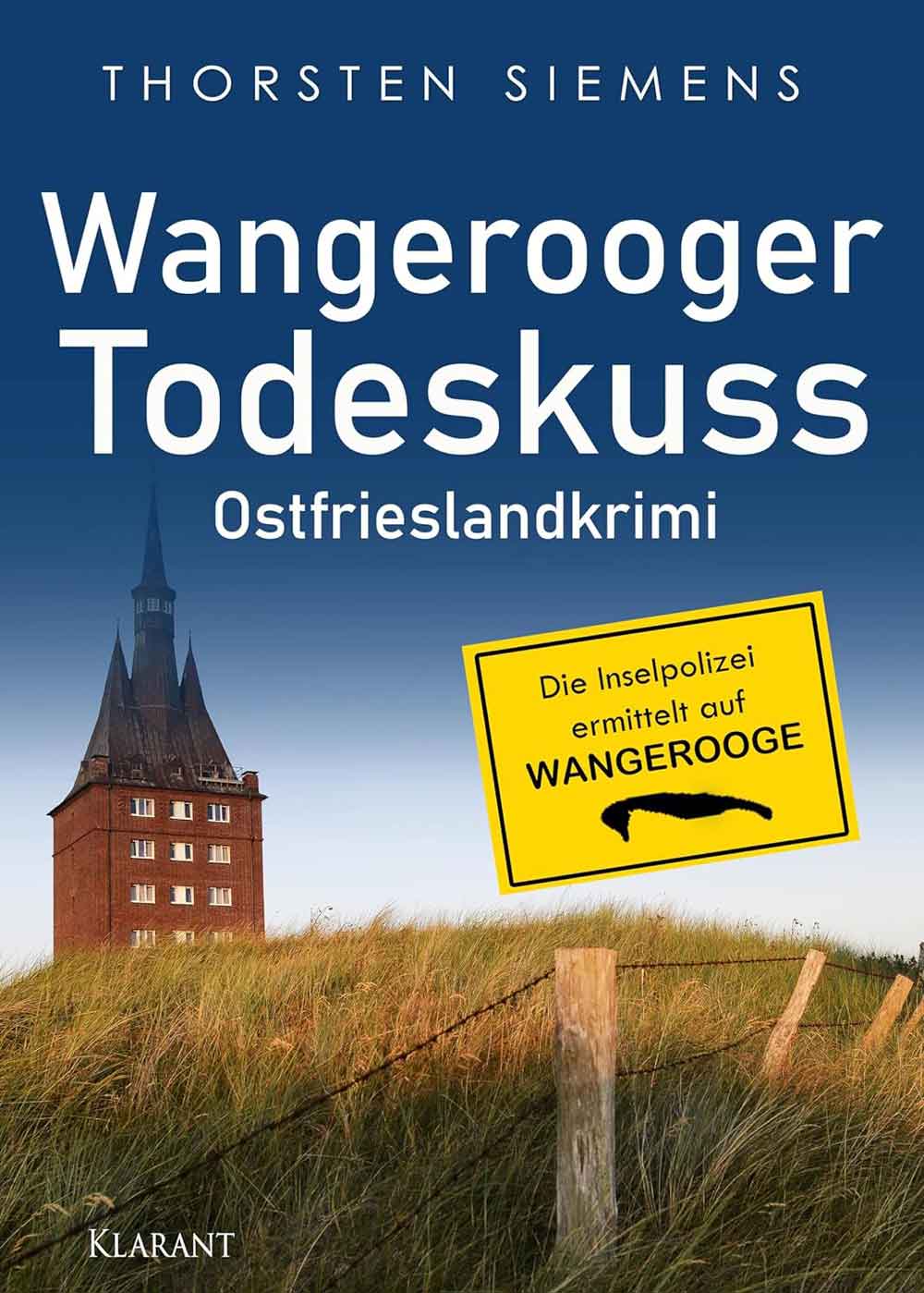
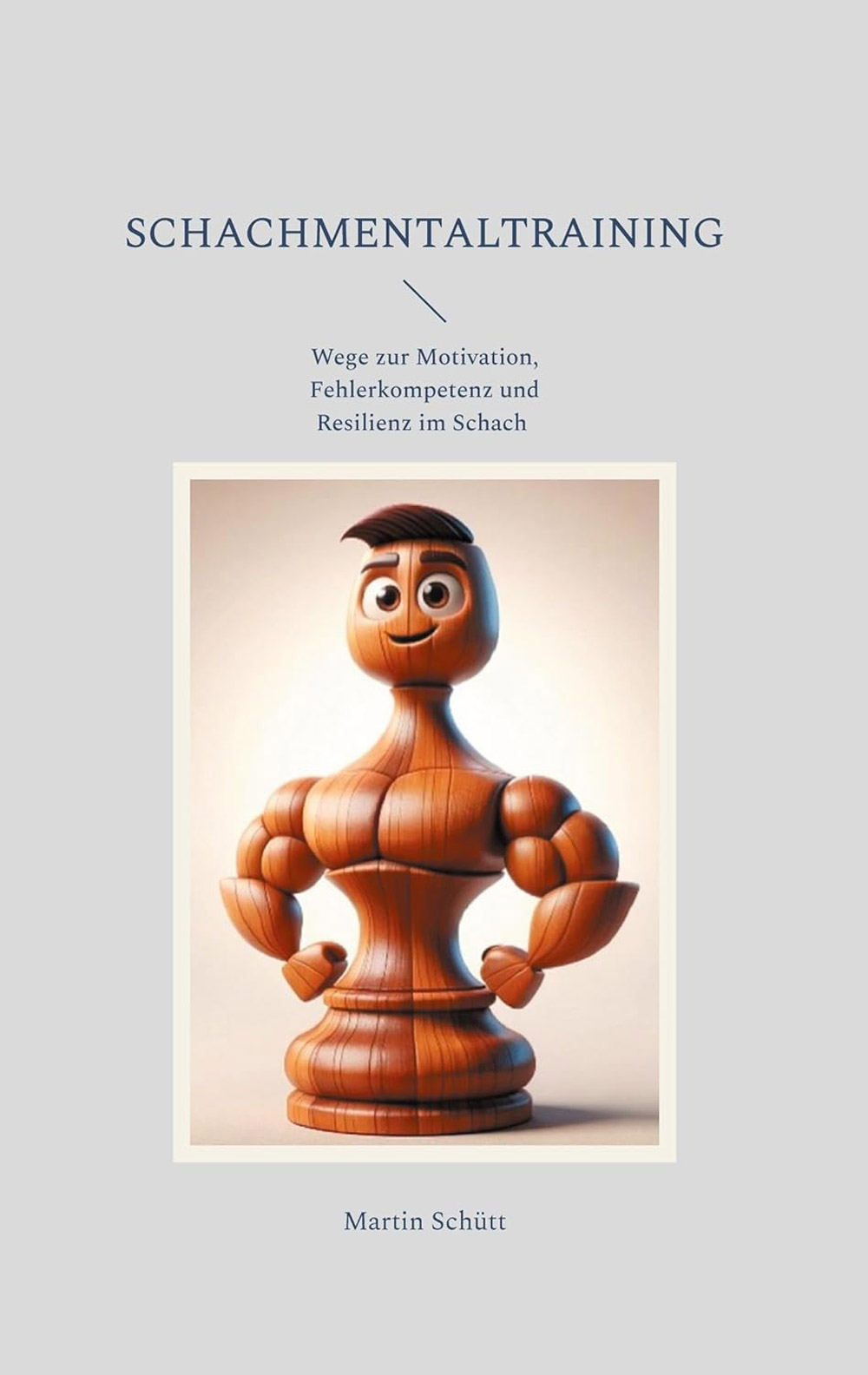


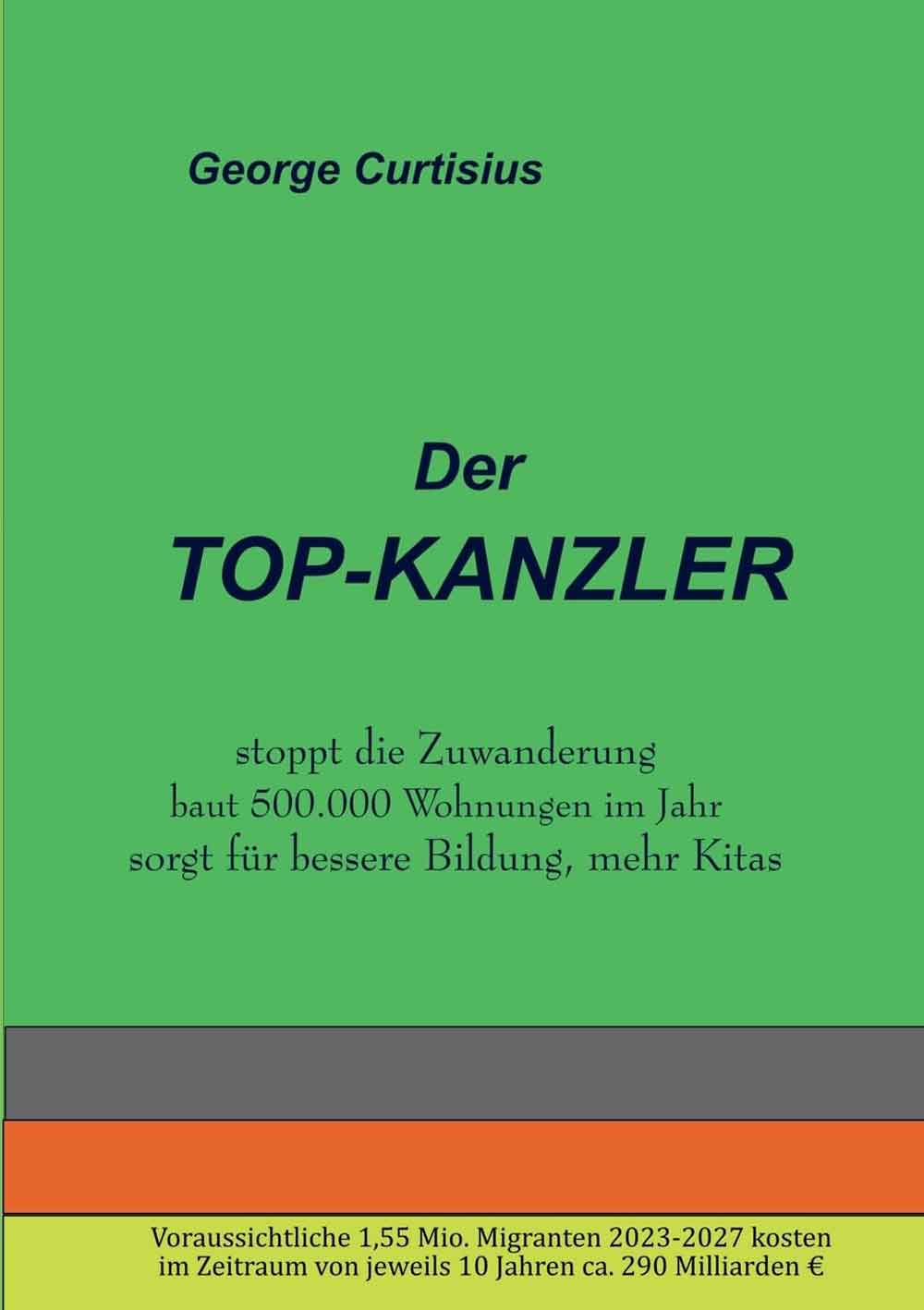





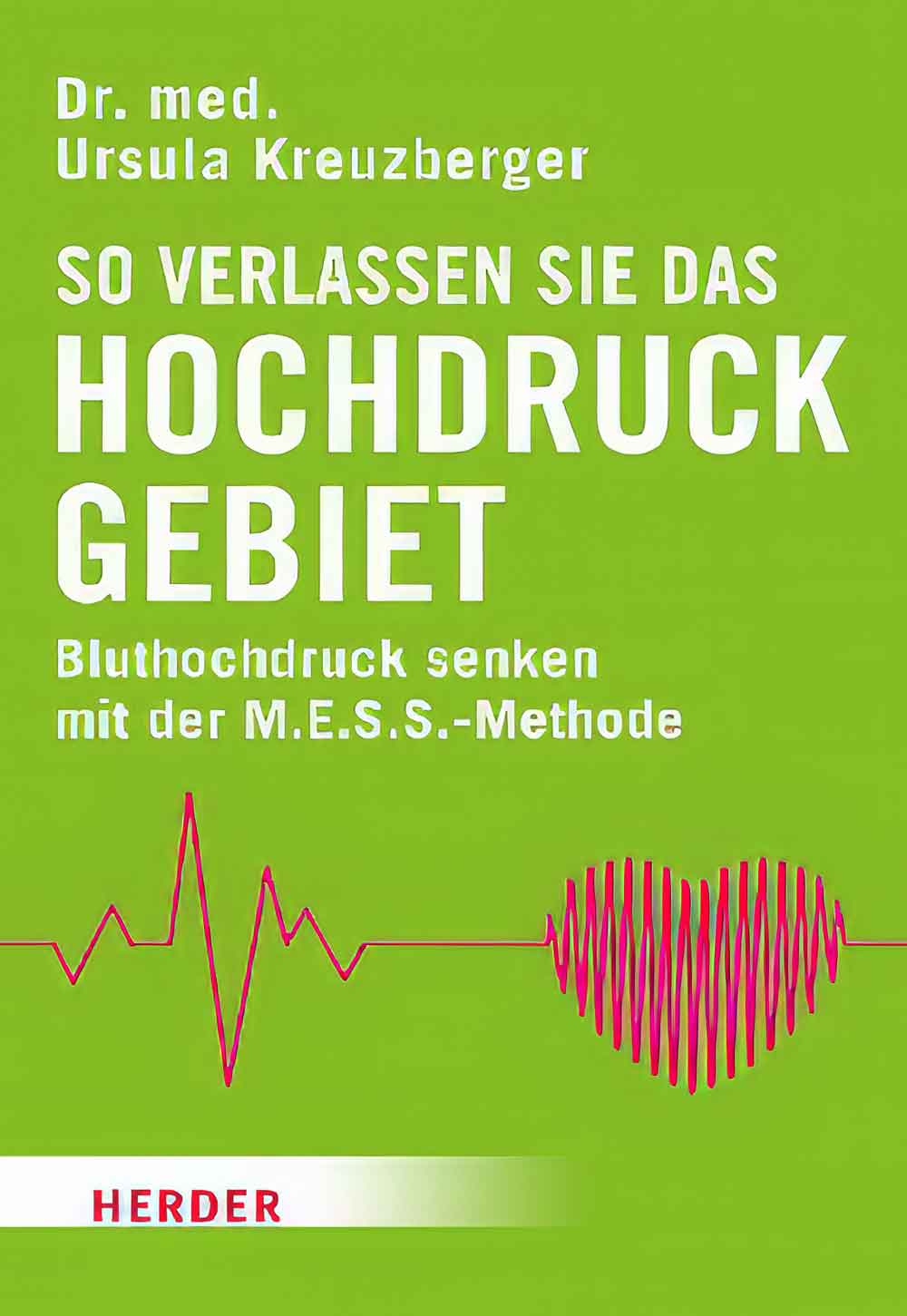














 Gütsel RSS Feed
Gütsel RSS Feed

















